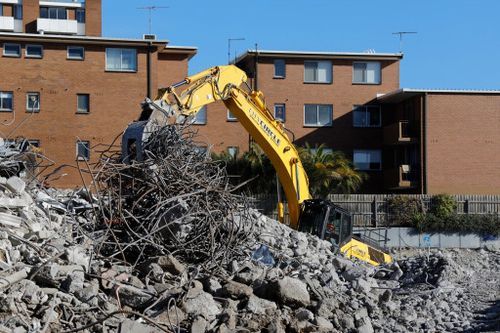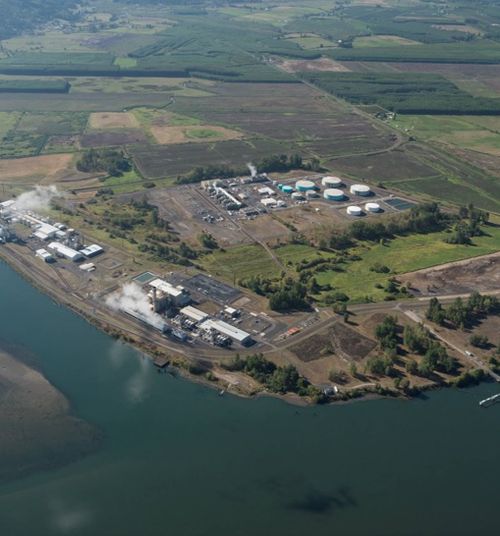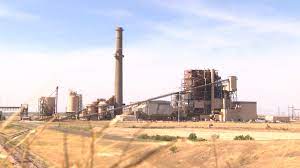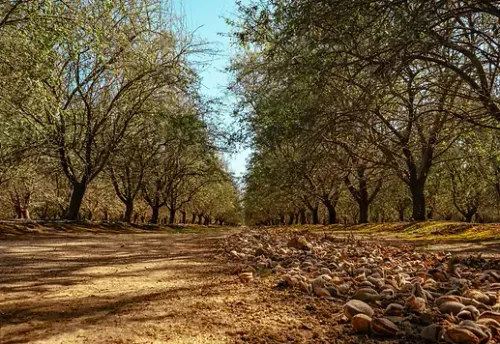Yosemite Clean Energy, a California-based biomass-to-hydrogen start-up, is in discussions with potential investors to raise development capital for projects and a series A round.
The company is currently seeking around $20m of development capital that would help advance woody biomass-to-hydrogen projects to FID, CEO Tom Hobby said in an interview.
Hobby said he is also in discussions with strategic capital partners about a series A funding round. The company is not using an advisor for the capital raise, Hobby said, but is working with the law firm Kilpatrick Townsend & Stockton.
The company has so far raised less than $2m at the corporate level from friends and family and an additional $5m – including grants – for projects, Hobby added. The development capital as well as the series A raise would be conducted at the project level.
Yosemite has signed a letter of intent and term sheet for offtake from its first project in Oroville, California, which will produce approximately 24,000 kg per day (2,760 MMBtu) of green hydrogen from woody biomass, and is set for FID later this year. Hobby declined to name the offtaker but described it as a “global trading house.”
Hobby, whose family has lived in the Sierra Nevada for generations, emphasizes the company’s role as a partner with local communities to help manage forest waste, which has served as fuel for explosive wildfires in recent years.
“It’s de-risking their communities from catastrophic wildfires,” he said.
Design incentives
Under the original design for the Oroville facility, the company had planned to produce 31,000 kg per day of RNG and 12,200 kg per day of green hydrogen. But due to incentives for green hydrogen in the Inflation Reduction Act, the company has pivoted to a hydrogen-only design, Hobby said.
The $3/kg incentive for green hydrogen in the IRA created “additional value for no real capital cost differential,” he said.
Yosemite’s second project is in Toulumne County, California and will follow a design substantially similar to the Oroville facility.
The company employs dual-bed gasification technology licensed from Austrian firm Repotec, while Primoris is doing detailed design and engineering.
The technology takes wood and creates a medium-strength BTU gas that can be used to make different products, Hobby said. “Once it’s in a gaseous form, we can use it for a lot of purposes: we can take it to make power, we can produce hydrogen, we can use the Fischer-Tropsch process to make second-generation biofuels like aviation fuel, and we have a patent that can do hydrogen and RNG.”
Project ownership
Meanwhile, Yosemite has hired a Texas-based firm to help raise capital for projects, which are estimated to cost $250m at the outset, but could decline once efficiencies are achieved, Hobby said.
The company’s project ownership model is unique in that it seeks to bring in local wood businesses – in logging, land clearing, and orchard removal – as providers of biomass and also equity investors in the projects.
“To have their investment and their wood at the same time is huge,” Hobby said.
In raising capital for the projects, in addition to equity and debt investors, Yosemite is evaluating a mix of sources in the tax-exempt bond market as well as lower-interest loans from within California and export finance solutions. The company recently received two $500,000 Forest Biomass to Carbon-Negative Biofuels grants from the California Department of Conservation.
Hobby would like to build 50 woody biomass plants in California, which would utilize approximately 5 million tons of the 35 million tons of waste woody biomass available annually in the state.
“Our goal is not to have to truck and ship wood more than 50 miles,” he said. “If you put circles around every place in California that’s a decent wood basket […] I think we could sign about 50 facilities across the state.”
The company is also planning to expand beyond California to other states with a low-carbon fuel standard, Hobby said.










